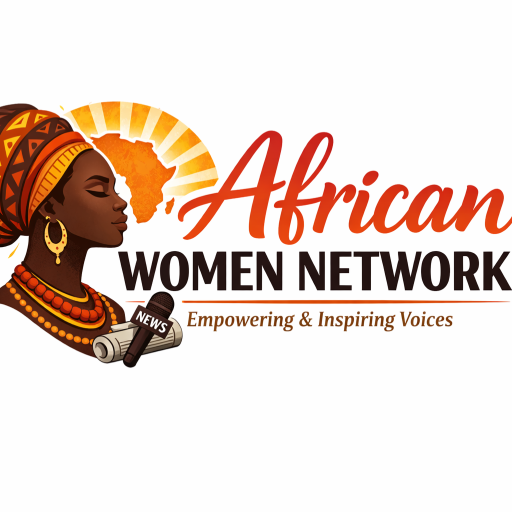
Save the Children has warned that nearly 95,000 mothers who rely on its support may be forced to give birth without the assistance of trained health professionals over the next year, putting both maternal and newborn lives at risk unless critical aid funding is restored.
The organization revealed that reductions in global aid have severely impacted its maternal and newborn health services in several countries, including the Democratic Republic of Congo (DRC), Yemen, and Nigeria.
According to the United Nations, in 2023 alone, more than 700 women and 6,300 newborns died each day from preventable complications linked to pregnancy, childbirth, and neonatal care. However, timely intervention by qualified health workers—such as midwives, nurses, or doctors—especially within the first minute after birth, significantly boosts the chances of survival and long-term health for both mother and baby. Skilled professionals can prevent or manage complications like postpartum hemorrhage, infections, and birth-related injuries for mothers, and reduce the risk of serious neurological damage or developmental delays in babies.
UN modelling also shows that providing universal access to midwifery care could prevent over 60% of maternal and neonatal deaths and stillbirths—potentially saving 4.3 million lives each year by 2035. Even a 10% increase in access could save 1.3 million lives annually.
In the DRC, Save the Children’s maternal and newborn care initiatives face possible suspension due to funding gaps. One 18-year-old mother, Chantal*, who had fled violence in North Kivu, shared how she was able to deliver safely at a hospital supported by Save the Children—care she wouldn’t have been able to afford on her own. “I was shocked when they told me the treatment was free, even in the maternity ward. I have no words to express my gratitude,” she said.
Margueritte*, a nurse working at a Save the Children-supported facility in the same region, described the devastating consequences of an earlier service suspension. She recalled a case where a pregnant woman with signs of fetal distress was referred to a state hospital, but burst into tears upon learning she would have to pay, knowing she couldn’t afford the cost.
Moazzam Malik, CEO of Save the Children UK, addressed the ongoing crisis while attending the 78th World Health Assembly in Geneva. “As world leaders gather, dwindling aid and increasing debt are putting essential health services in jeopardy, particularly for women and children,” he said. “It is unacceptable that due to funding shortfalls, nearly 95,000 mothers could give birth without skilled support, risking severe health outcomes or death.”
Malik called for urgent action from governments to reform health financing systems—urging better coordination of donor aid, mobilization of domestic funding, taxation of harmful products, and greater investment in robust primary healthcare.
The World Health Assembly, the highest decision-making forum of the World Health Organization, convenes annually to set health policy and funding strategies. Save the Children is pushing member states to adopt this year’s proposed resolutions on global health financing and strengthening the health workforce by 2030.
Save the Children currently delivers essential maternal, newborn, and reproductive health services in 30 countries, having reached 1.4 million babies and 2.1 million women and girls in 2024 alone—relying on low-cost, effective interventions and frontline health worker training to save lives.







